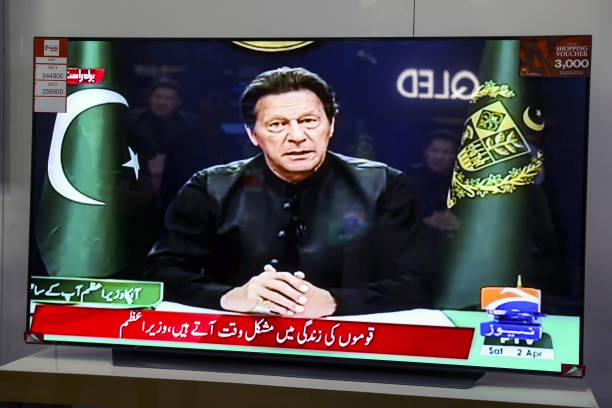Toshakhana Case: Imran Khan Turns to Supreme Court for Stay Order
The Toshakhana case has captured significant attention in Pakistan’s political and legal landscape, with former Prime Minister Imran Khan seeking a stay order from the Supreme Court. This case centers around the alleged misuse of the presidential gifts and artifacts, stored at the Toshakhana (gift depository) during the tenure of the previous government. In this blog post, we will delve into the details of the Toshakhana case, its implications, and the significance of Imran Khan’s move to the Supreme Court for a stay order.
The Toshakhana case came to light in 2020 when the National Accountability Bureau (NAB) initiated an investigation into alleged irregularities regarding the acceptance, declaration, and utilization of gifts received by high-ranking officials, including the former Prime Minister Nawaz Sharif, former President Asif Ali Zardari, and others. The Toshakhana serves as the repository for these valuable gifts and artifacts presented to government officials during their official visits abroad or by foreign dignitaries.
The case gained momentum due to allegations of not declaring these gifts properly, which could potentially amount to corruption and misuse of public resources. The NAB conducted its investigations, leading to the issuance of notices to the individuals involved in accepting the gifts and artifacts.
2. Imran Khan’s Involvement and the Stay Order
As the Toshakhana case progressed, Imran Khan, the current Prime Minister of Pakistan, found himself entangled in the controversy. In July 2021, the NAB issued a notice to Imran Khan to appear before the accountability watchdog and provide an explanation regarding two luxury cars gifted to him during his tenure as Prime Minister. These cars were reportedly among the gifts kept at the Toshakhana.
In response to the NAB notice, Imran Khan filed a petition in the Supreme Court, seeking a stay order on the NAB’s investigation against him. A stay order, if granted, would temporarily halt the investigation until the court reaches a decision on the merits of the case. This move signifies the seriousness of the allegations and showcases Imran Khan’s determination to clear his name and protect his reputation.
Legal and Political Implications
The Toshakhana case has significant legal and political implications for Pakistan. On the legal front, the case raises questions about the transparency and accountability of public officials when it comes to accepting gifts and utilizing public resources. It underscores the need for clear guidelines and proper declarations to ensure ethical conduct and prevent corruption.
Politically, the case has sparked debates and discussions among various factions. Imran Khan’s decision to approach the Supreme Court for a stay order has both supporters and critics. Supporters view it as a responsible move to let the court decide on the matter fairly. On the other hand, critics may interpret it as an attempt to evade investigation and escape accountability.
The Role of the Supreme Court
The Supreme Court plays a pivotal role in the Toshakhana case, as it will decide whether to grant the stay order requested by Imran Khan. The court’s decision will have far-reaching implications, setting a precedent for how such cases involving high-profile figures are handled in the future. It will also determine whether the investigation into the Toshakhana case can proceed against the Prime Minister or be temporarily halted.
The Toshakhana case is a significant legal matter that has cast a spotlight on the ethical conduct of public officials and the utilization of presidential gifts and artifacts. Imran Khan’s decision to seek a stay order from the Supreme Court showcases the importance of an impartial and fair judicial process. As the case unfolds, it will be crucial to uphold the principles of transparency and accountability to strengthen Pakistan’s democracy and maintain public trust in its leaders and institutions.

